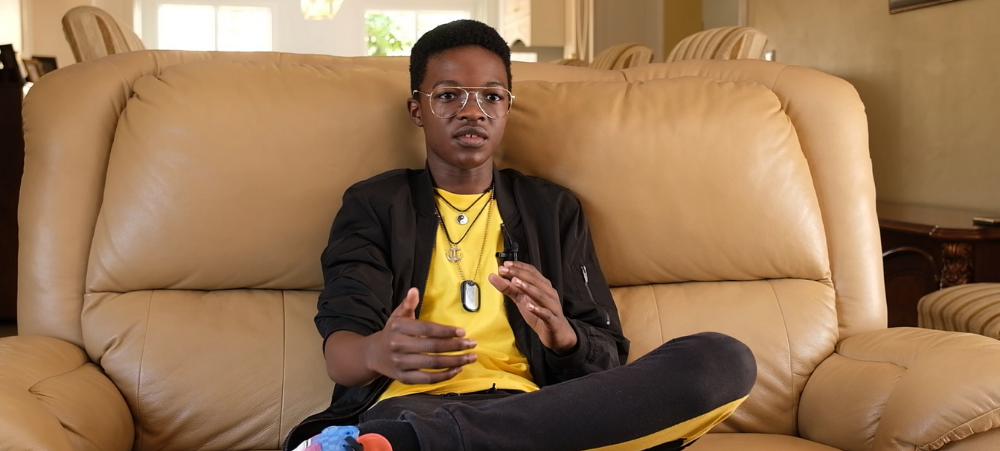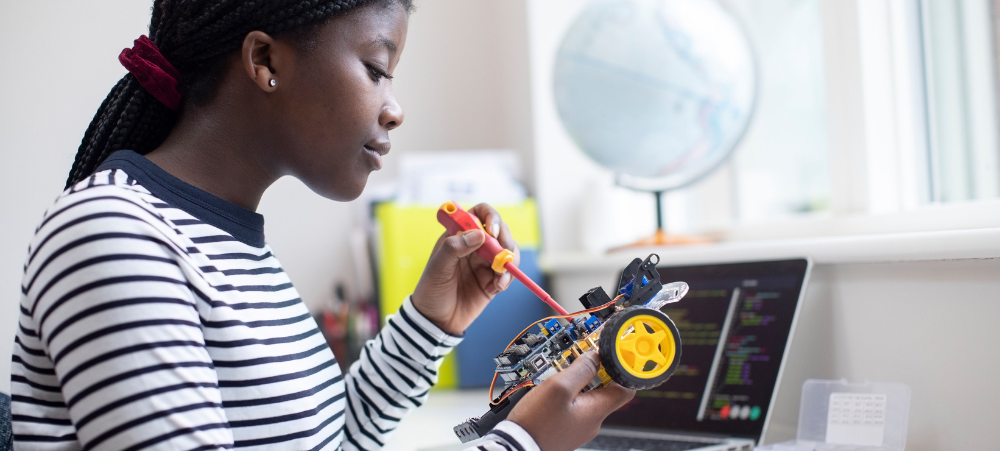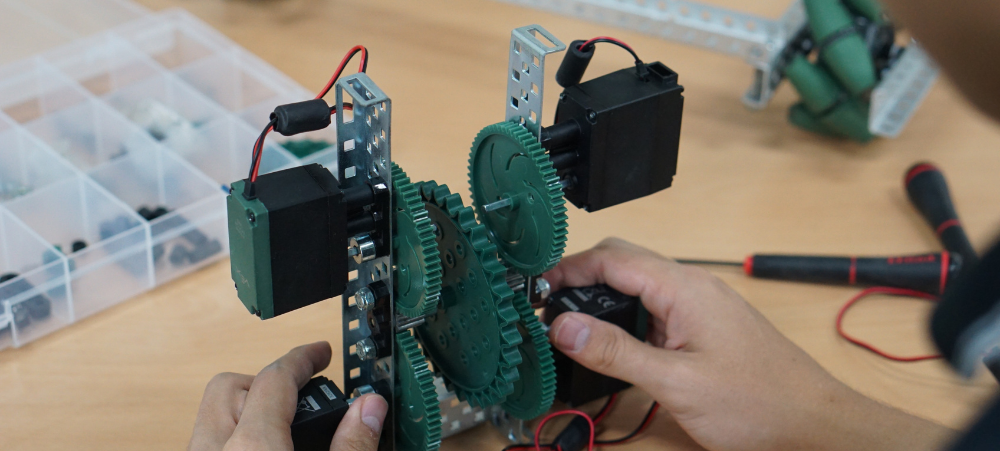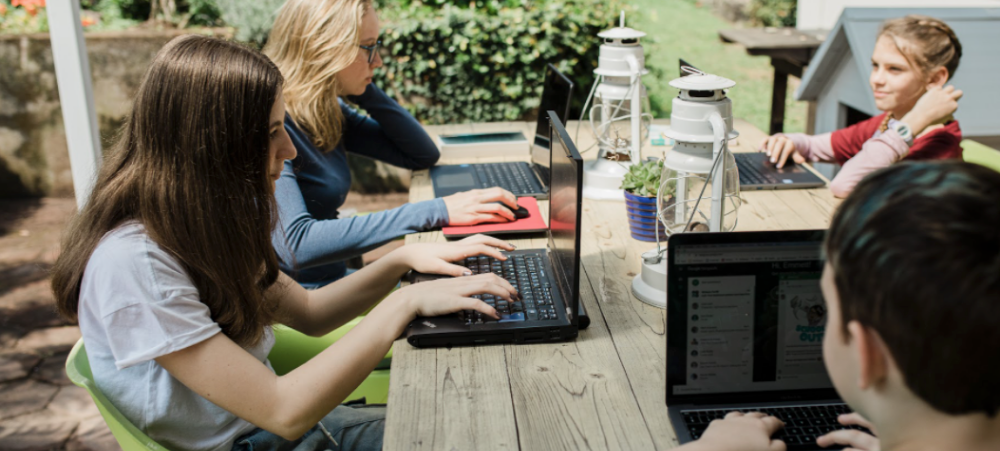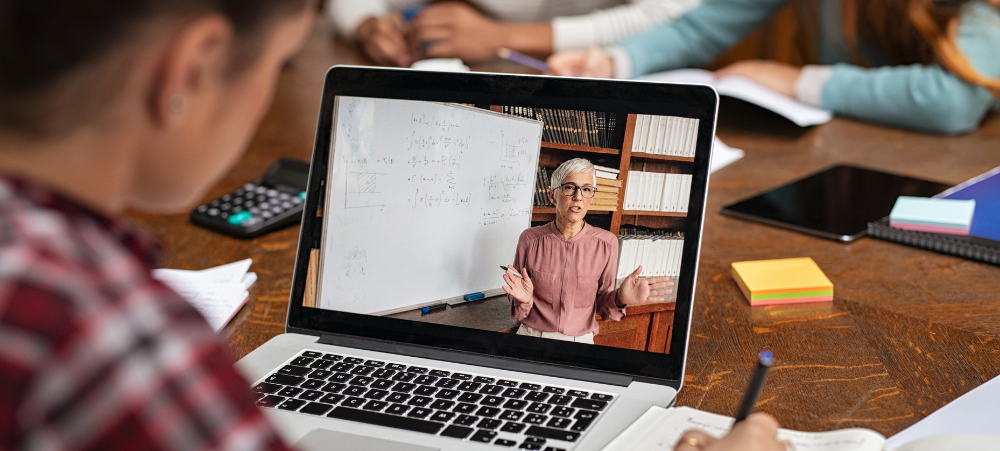NEW AUTUMN WINTER COLOUR COLLECTIONS – ICONIC & COLOR VIBE WITH ADDED SILICON
What is silicon (silicium)? Silicon is the chemical element with atomic number 14, symbol Si. It is the 2nd most abundant element in the Earth’s crust, after oxygen (about 26%). It does not exist in nature in a free form, but in the formof silicon dioxide (SiO2) as amorphous silica (in sand), mineral silica (quartz, …) or other silicates (kaolinite, mica, …). Silicon is one of the beneficial minerals specifically absorbed by plants and is essential for their proper growth. It is present in human connective tissues (skin, aorta, bones, hair, tendons, …). The benefits of silicon Silicon plays a major role in the resistance and flexibility of connective tissues. In the skin, it has a protective effect by strengthening the skin barrier, accelerating the healing processes and improving the clinical signs associated with age as well as the quality of nails and hair. In the body, only organic silicon can be assimilated. Organic silicon derivatives are therefore of particular interest in cosmetic products, because they allow the bioavailability of silicon in the skin, hair andnails, in order to strengthen them. As a reminder, inorganic silicon (example: silica, talc, mica, …) only gives a mechanical protective effect as a mineral filler. Silicon at MAVALA Inorganic silicon is found in particular in Mava-White, Color-Matt and Ridge Filler. Organic silicon is now present in the two new nail polish collections – Iconic Color’s and Color Vibe Collection, in the form of an organic silicon derivative (INCI: Dimethyl Oxobenzo Dioxasilane). Byincreasing the level of silicon present in the nails, it thus contributes to improve their quality and resistance. THE ICONIC COLLECTION – R105 ex VAT ICONIC Color’s, iconic and timeless elegance, with a contemporary touch! The fashion of the Autumn/Winter 2022 catwalks gives pride of place to natural,comforting shades that inspire confidence and balance… A peaceful lull after the storm… We wander with delight through a universe of earthy hues. A minimal chromatic palette ofcream, ochre, cho- colate and caramel, mixed with terracotta and sand colour gradients, adds a few touches of light to a range of more neutral mineral shades, inspired by the wonders of nature. Timeless camel, warm and chic, is flirting with everlasting grey, which strikes out as the utmost charming asset of the season, while beige harmonizes this sweet symphony of classic colours. In this natural shelter of generous shades and fabrics, the woman of the moment finds thepower to recharge her batteries. Carried by this deliberately comforting lightness, she canexpress her personality in a chic and slightly sophisticated style, infused by contemporary city life. Like her, you will naturally let yourself be tempted by the ICONIC Color’s collection ofMAVALA, with its immi- nently iconic shades, which fully embodies this desire to combine comfort and elegance: Inverness: A deep slightly pearly grey, everlasting like a shimmering Scottish loch in the starry night Detroit: An intense blue-grey, softened light through the winter clouds over an American metropolis Manaus: A sultry deep red, voluptuous like the upbeat energy of a Brazilian night Muscat: A woodsy tan red, rooted in an untouched nature of the Thousand and One Night’s realm Rangoon: A shiny burnt henna, endless splendour of an Asian treasure Salamanca: A delicate sandy beige, sweet invitation of wandering through the lanes of an Hispanic city THE COLOUR VIBE COLLECTION – R105.00 ex VAT Driven by the desire to challenge the status quo, the beauty artists are turning the runway shows of the Autumn/Winter 2022 into a striking kaleidoscopic firework. On the catwalks, a deluge of pop and colour block creates a fearless rainbow, under which transgression is the rule. Everything is permitted, thus everything is possible. Make way for bright, vibrant, explosive shades that convey an obvious thirst for life. Fiery and electric hues of blue, violet, pink and vermilion are on stage with fluorescent colours. Unusual greens, deep and powerful, invite themselves to this so colourful party and embody self-assurance and poise. Unusual forms and materials fusion with very expressive shades and dispense doses of joy in small dashes of colour, like these ultra-colourful and wacky accessories that add pop to any outfit. This 100% colour trend, emblematic of the digital generation, is divinely instagrammable. Making new experi- ments, daring dissonance, breaking codes: in this pop and clubhouse atmosphere, there is no half-measure. Dream or reality? It doesn’t matter! The lack of freedom and spontaneity during this too-long confined game has given birth to a liberating energy where diversity and positivity merge to metamorphose the world… It is up to you now to play and to invent your own codes, with the COLOR VIBE Collection of MAVALA, with its breathtaking and audacious flashy shades: Red Red: A dazzling red red, incarnation of life in full swing Grass Green: A deep and powerful green, reminiscence of nature saturated with water and light Pushy Purple A luminous and joyful violet, the happiness of regained liberty Mellow Yellow: A soft mimosa yellow, magnificently sunny Bold Blue: An intense cerulean blue, the energy of wildest dreams Party Pink: A sparkling and luminous pink, euphoria of improvised parties STOCKISTS : Mavala is available online at www.mavala.co.za, www.takealot.com, Dischem and Clicks stores nationwide












